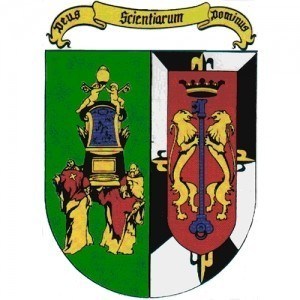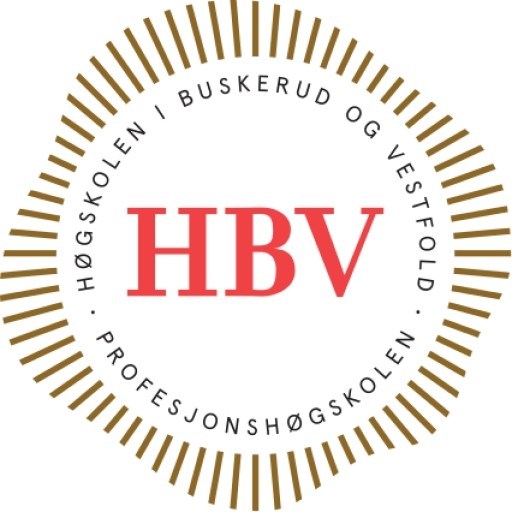After two years, and upon successful completion of the necessary coursework and exams, the Master's programme leads to the academic degree "European Legal Practice" (LLM Joint Degree).
In order to obtain the LLM degree "European Legal Practice", the following is required:
Successful completion of courses representing 120 ECTS points in general:
First year of study (primary university, 60 ECTS):
Third semester at the secondary university (36 ECTS):
Fourth semester at the primary university (24 ECTS):
It should be noted that each of the consortium universities has developed a different detailed plan of studies.
For a precise description of content(s), please visit our homepage:
http://www.elpis.eu/elpis2.html
Master's students in Hannover and Lisbon have the opportunity to be placed in internships at various international law offices, commercial firms and the Legal Clinic (Leibniz Universität Hannover) for up to three months.
In order to obtain the LLM degree "European Legal Practice", the following is required:
Successful completion of courses representing 120 ECTS points in general:
- 60 ECTS during the first year of study at the primary university
- 36 ECTS during the third semester at the secondary university
- 24 ECTS during the fourth semester at the primary university
First year of study (primary university, 60 ECTS):
- Colloquia and tutorial on European legal practice (12 ECTS)
- Courses on European law (8 ECTS)
- Courses on European comparative law (8 ECTS)
- Two courses on the core areas of the national legislation of the primary university (civil law, public law, criminal law) (8 ECTS)
- Two courses on focal areas of the national legislation of the primary university (e.g. commercial law, criminology, competition law, taxation law, procedural law) (8 ECTS)
- Consolidation of the national language of the primary university (4 ECTS)
- Introduction to the national language of the secondary university (8 ECTS)
- Regional studies on the country of the primary university (historical, economic, social and political conditions) (4 ECTS)
Third semester at the secondary university (36 ECTS):
- Introductory courses on the national legislation of the secondary university (4 ECTS)
- Two courses on focal areas of the national legislation of the secondary university (e.g. commercial law, criminology, competition law, taxation law, procedural law) (8 ECTS)
- Consolidation of the language of the secondary university (12 ECTS)
- Regional studies on the country of the secondary university (historical, regional, economical, social and political conditions) (4 ECTS)
- Summer/spring university "European Integration" (before or during the second year of studies): two courses on European and international law, including comparative law (8 ECTS)
Fourth semester at the primary university (24 ECTS):
- Legal seminar on the thematic area of the student's Master's thesis, including a presentation by the student on his ongoing work (8 ECTS)
- Completion of the Master's thesis focusing on European law, comparative law or conflict of laws, including public international law (12 ECTS)
- Final oral examination (4 ECTS)
It should be noted that each of the consortium universities has developed a different detailed plan of studies.
For a precise description of content(s), please visit our homepage:
http://www.elpis.eu/elpis2.html
Master's students in Hannover and Lisbon have the opportunity to be placed in internships at various international law offices, commercial firms and the Legal Clinic (Leibniz Universität Hannover) for up to three months.
Educational organisation
Leibniz Universität Hannover and its partners offer students of the ELPIS II programme the possibility of attending the regular courses, special seminars, and lectures at the university. Furthermore, personal and scientific guidance by professors and tutors enables students to work and live in a new academic environment.Study abroad unit(s)
Fixed mobility between German, French and Portuguese partners; students must spend at least two semesters abroad.Internships
The ELPIS/Erasmus Office and the ELPIS Initiative can assist students in finding internships, which are a suitable way for students to gain valuable professional experience.Forms of assessment
Oral and written examinations, seminar certificate, thesis, final oral exam (disputation)Course objectives
One of the unique characteristics of the degree course "LLM Joint Degree - European Legal Practice" lies in the international mode of study. The level of internationalisation is ensured by students undertaking studies in two different national areas of jurisdiction in the respective languages.The programme is therefore aimed primarily at applicants from non-EU countries who wish to study at two of the consortium's universities. It is also aimed at EU applicants who wish to study abroad at two of the universities.
In general, there is no exemption from the requirement of spending two years abroad as part of this programme. However, time spent abroad as part of the ELPIS/Socrates programmes may be taken into account for candidates who have spent a year abroad as part of their degree studies.
Students are prepared for a legal career within the European Common Market.
Language requirements
The programme addresses students with excellent proficiency in two of the four languages of the partner universities: German, French, Portuguese, English.Required DSH / TestDaF
YesAcademic requirements
Applicants must be university law graduates with excellent results after a minimum study period of three years (Bachelor's degree/state examination).Want to improve your English level for admission?
Prepare for the program requirements with English Online by the British Council.
- ✔️ Flexible study schedule
- ✔️ Experienced teachers
- ✔️ Certificate upon completion
📘 Recommended for students with an IELTS level of 6.0 or below.
Enrolment fees
Approx. 380 EUR as administrative fee incl. semester ticket (public transport costs)Costs of living
See: http://www.international.uni-hannover.de/lebenshaltungskosten0.html?&L=1Job opportunities
There are many opportunities to work as a student assistant (Hiwi) or outside the university: http://www.international.uni-hannover.de/jobben_hannover.html?&L=1Arrival support
The International Office offers a variety of services and support for international students.It helps students in finding suitable accommodation, offers a pick up service from the airport or railway station, provides newly arrived students with a "study buddy" and helps them deal with administrative issues. Moreover, it organises an orientation week at the beginning of each semester.
http://www.international.uni-hannover.de/
Services and support for international students
Every semester the International Office organises a variety of events, workshops, and trips specially for international students. They range from cultural, political or historical topics to BBQ or paddling. In addition, the International Office offers financial support for students who are in need of assistance.Accommodation
The International Office, in cooperation with the "Studentenwerk" (Student Services), offers an accommodation service for all newly incoming international students and scholars. This free service can help you find a suitable room or apartment. In the case that you don't need your accommodation for a certain period of time, we can try to help you to rent out your room.Please contact: ingrid.haehnel@erasmus.uni-hannover.de.
Local:$ 10.5 k / Year(s)
Foreign:$ 18 k / Year(s)









